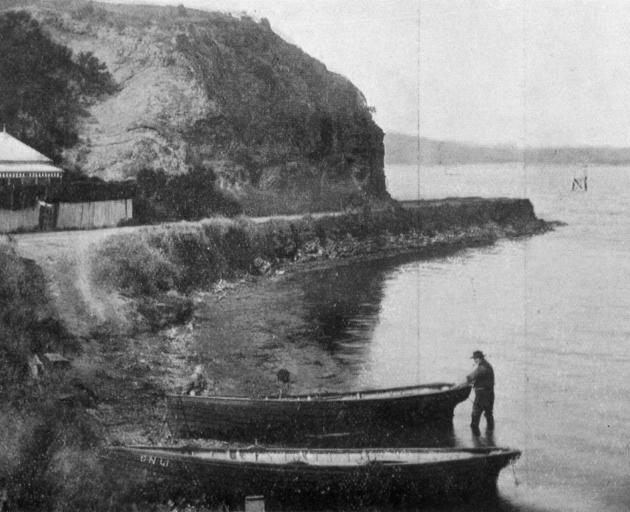
Wages for general servants have risen to 25s and 30s a week, yet many households have to remain without help. The Government, however, had not lost sight of the necessity for an active policy of immigration.
So far, the difficulty has been simply one of shipping, soldiers and their wives and New Zealanders in the Mother Country, naturally being given the preference over strangers.
To-day the Prime Minister made a statement of the actual position. He said the High Commissioner has been informed by the New Zealand Government that there is a great shortage of labour in New Zealand, both skilled and unskilled; that farm labour is extremely short, and married men with their wives are preferred; and that carpenters, bricklayers, miners, and mechanics are required in large numbers, and command high wages.
Farm labourers and their wives will be provided with passages, on payment of ten pounds (£10) each, the Government paying the amount of a third class fare in excess of £10 — that is, an average of about £30 in each case-and for farmers and all — other classes of labour the Government is prepared to grant assistance to the extent of £13 per adult.
Novel confidence trick
What was apparently a rather novel method of obtaining goods by false pretences was attempted upon a Merivale resident within the last few days (says the Christchurch Press). The head of the household had for some weeks past been engaged in business pursuits in a country district.
A day or two ago a well-dressed man, about 30 or 35 years of age, with a quite engaging manner, called at his residence and told the lady of the house that he had been requested by her husband to convey to him certain articles of clothing, including the absent gentleman’s best suit and overcoat, several hats, numerous shirts, and socks, a number of pairs of boots — in fact, his list included more than the absentee had left behind him.
Knowing that her husband had with him some of the articles asked for, the lady’s suspicions were aroused, and she declined to accede to the visitor’s requests without authority from her husband, who, she remarked, by way of bluff, was unexpectedly returning to Christchurch, and should arrive at any minute.
On hearing that the visitor departed, stating that he would return in half an hour, but so far he has not been back for the ‘‘swag’’. The lady immediately communicated with her husband, who telegraphed a reply that he had given authority to nobody to obtain his clothes, and that the man who had called was undoubtedly an imposter in search of a cheap outfit.
Nursery prices unchanged
An old price list, printed in the year 1882, came into the possession of the conference of nurserymen in Wellington (reports the Post). It showed that the prices charged generally for fruit trees and shrubs at that date were very much the same as to-day, but what was of considerably more interest was the almost complete change that has taken place in the varieties of fruit
trees and flowers now chiefly under cultivation. In roses, for instance, two-thirds of the varieties then listed are almost unknown in gardens to-day.
— ODT, 6.2.1920.
COPIES OF PICTURE AVAILABLE FROM ODT FRONT OFFICE, LOWER STUART ST, OR WWW.OTAGOIMAGES.CO.NZ












